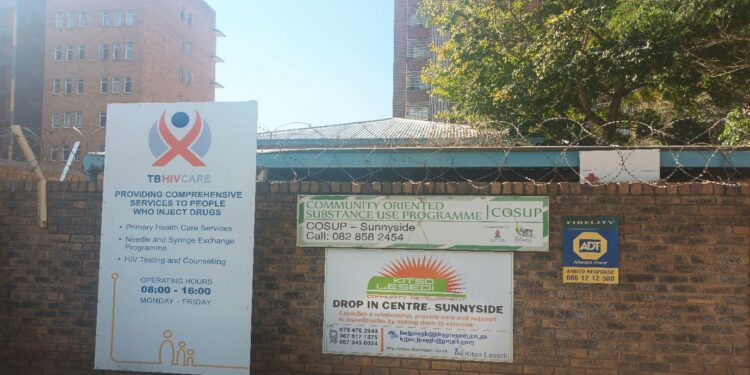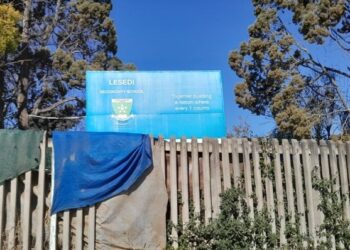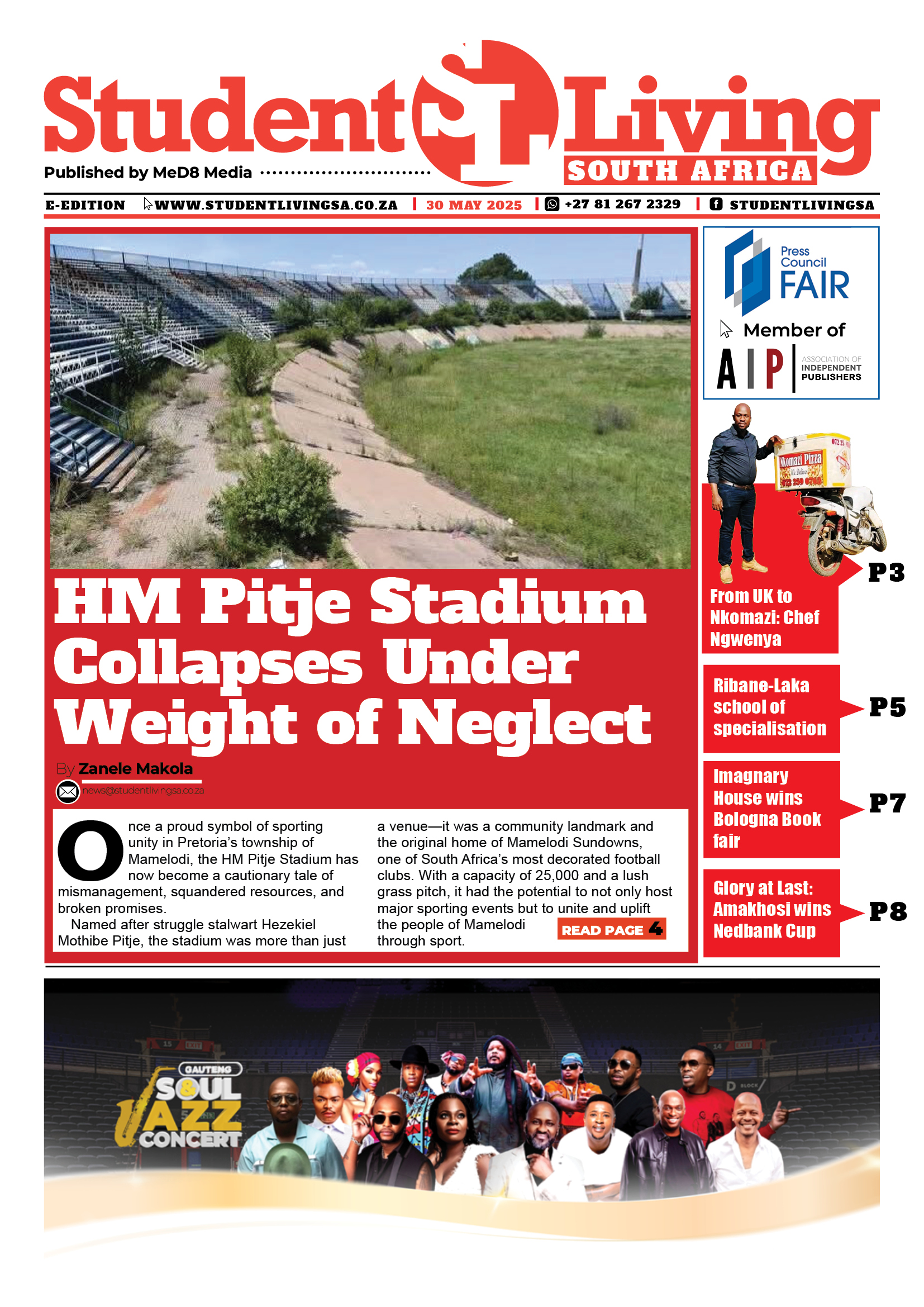The Community-oriented substance use program (COSUP) is an innovative, community-based initiative that addresses the issue of illegal substance use in South Africa. With public funding and a focus on systems thinking, public health, and clinical care, the program takes a harm reduction approach. Between 2016 and 2019, COSUP played a leadership role in national and local policy and guidelines development. In Tshwane, it forged collaborative partnerships with 169 organisations and institutions, establishing practical service sites to support those affected by substance use.
These provide counselling, linkage to care and opioid substitution therapy services to 1513 adults (median age of 30 years), most of whom are male (90%) with similar proportions of clients who smoke (51%) or inject (49%) heroin. It also offers needles and syringe service (approximately 17000 needles distributed/month) and has built human resources capacity in harm reduction among staff, clients and personnel in partner organizations. Phumzile Ngobezulu is a manager at TB/HIV care in Sunnyside, Pretoria under a key population of people who are injecting drugs. She said that what they do is mostly with outrage whereby they are providing services to people who are injecting drugs. She said they have an outrage mobile clinic whereby they identify hotspots segregated by people who are injecting drugs and they offer those services from HIV and counselling and testing. She added by saying they also offer Prep (Pre-Exposure Prophylaxis) in clients who are HIV negative. She said they do comprehensive sexual reproductive health for women and they provide contraceptives in the form of pills and injections so that they are able to make decisions in regard to their ability to reproduce.

The biggest part about the programme is that they distribute needles and injections to their clients. They provide their clients with sterile ones and they take the contaminated needles because the risk of sharing needles pre-disposing their clients to HIV infection as well as hepatitis.
“We are trying to cab the spread amongst the people who are injecting drugs, so by providing those services we are usually doing what we call harm reduction “” she said Phumzile Ngobezulu. The programme offer those services to avoid longer waiting lines at clinics because sometimes they wait to a point where they just leave because they waited so long. The TB/HIV programme they are fast and they are comprehensive, Clients get everything they do not have to move from one room to another to get different services.

Marko who is one of the people who started the programme he said that the reason their programme is unique is that they started with people who use to be harmless and drug uses, they also do rehabilitation programme and opioid substitution therapy that helped him and other people to change their lives that one good thing about opioid substitution.
“Our programme is been around for a very long time. We need to expand and reach more people and we believe that harm reduction is the most effective method to reduce the spread of disease amongst our key populations”, He said Marko.
The programme remain optimistic despite the challenges and they are committed to the work they do. They believe that everyone, regardless of their station of life, deserve access to quality healthcare services by reducing the spread of HIV, TB and other infection diseases. The programme is making a significant contribution to the public health of South Africa.
Sindiswa Peter who is a nurse clinician at TB/HIV in Sunnyside, Pretoria said that she is the one who is doing the outrage. She said that the go and look for people who are using drugs because they know that they are homeless and they give them services where they are.
















